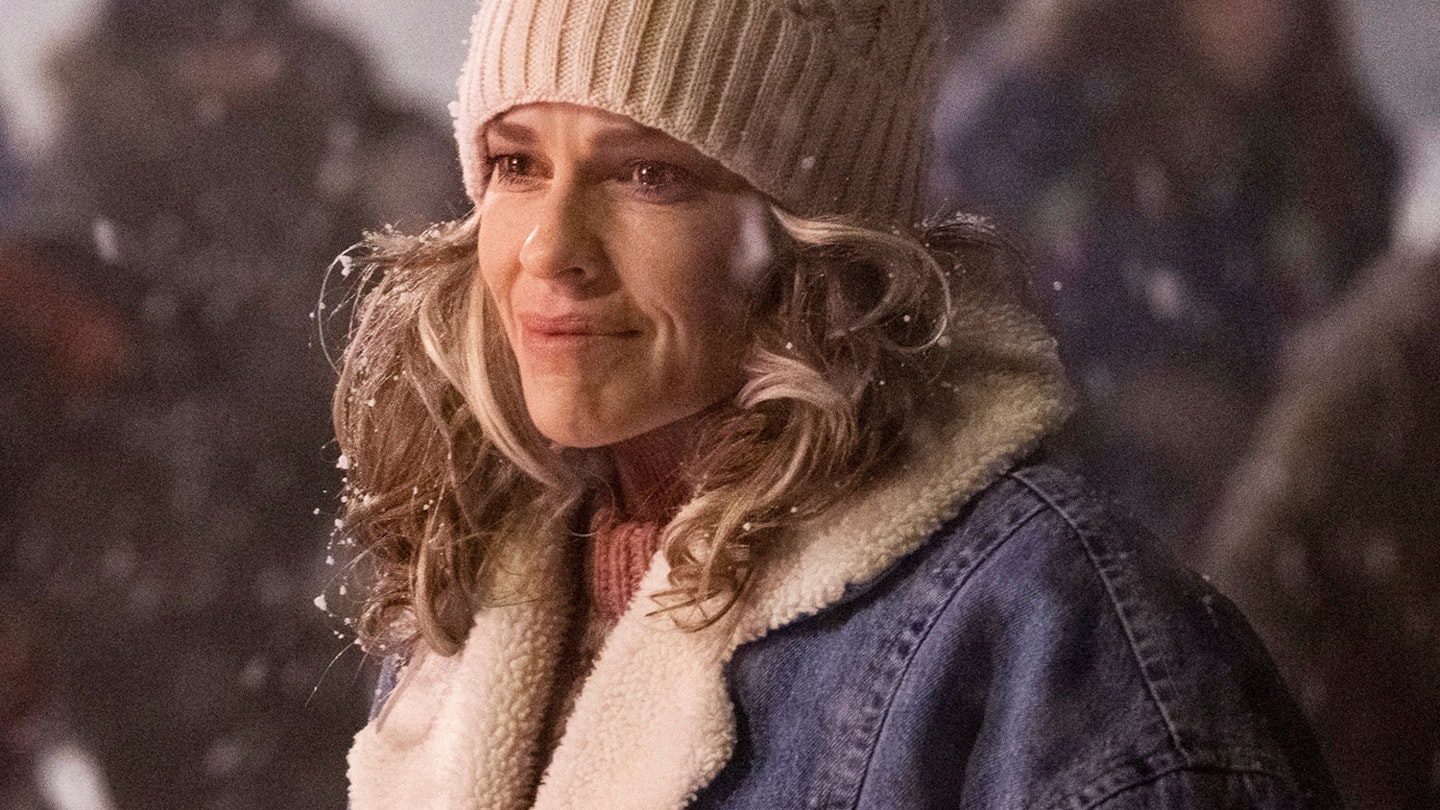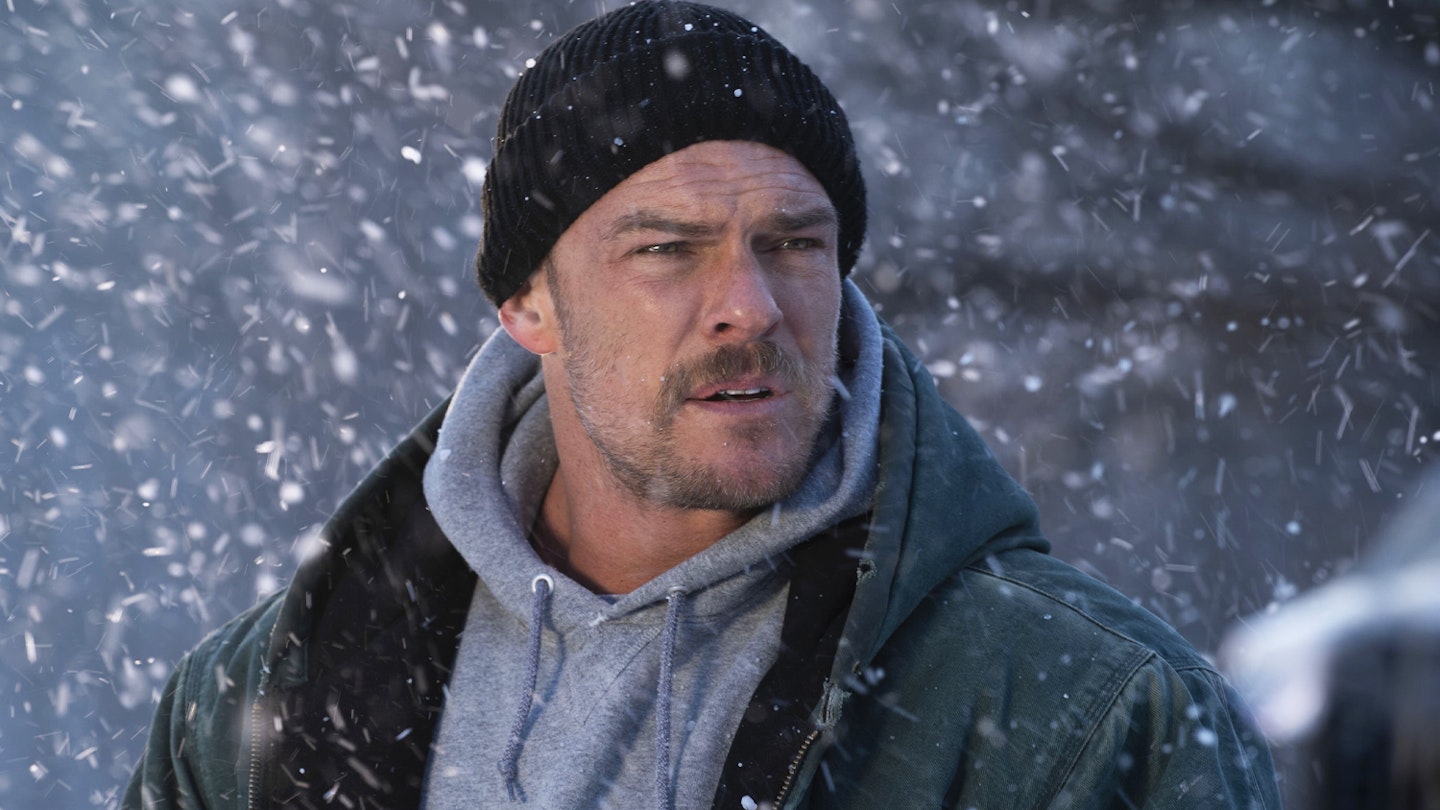The phrase “faith-based drama” is one to strike fear into the hearts of all but the most devout, since it usually signals endless platitudes and piety with very little drama. There are touches of that in this real-life story, but thankfully director Jon Gunn and writers Meg Tilly and Kelly Fremon Craig have kept it to a minimum, letting the kindness and charity of the characters shine without too much sermonising. It also benefits from solid performances and a genuinely heartbreaking set-up.

Hilary Swank plays Sharon, a hard-partying single mother who has a problematic relationship with drink. Hearing the advice that one should combat alcohol by finding a purpose in life, she latches on to a story in the local paper about a sweet little girl, Michelle (Emily Mitchell), in desperate need of a liver transplant. Sharon imposes herself into the family’s lives, much to the discomfort of stoic dad Ed (Alan Ritchson), sorting out their bills and trying to find a way though the morass of spiralling medical costs.
Hilary Swank plays Sharon as an Erin Brockovich type
Swank plays Sharon as an Erin Brockovich type, someone whose unconventional style and dogged determination get results, dagnabbit. Like Brockovich, she has her demons; in this case a screaming need to stop downing shots. But this film can't give her the same complexity as Soderbergh’s heroine; her relentlessly cheery façade only occasionally cracks. Ritchson arguably has the tougher role, of the hard-working blue-collar type who's staying strong for his daughters but struggling to cope, and he does a good job of shedding the Jack Reacher invincibility and showing vulnerability despite his hulking size.
Ultimately, it’s another damning indictment of the US’ inhuman healthcare system and the immense suffering it inflicts, though of course ordinary people come together here to save the day, say pat things about God, inspire faith and so on. That’s lovely but shouldn’t be necessary; life or death should not come down to one hairdresser, however well-meaning. So it’s hard to feel inspired to anything but fury, really, and faith in better medical care.
